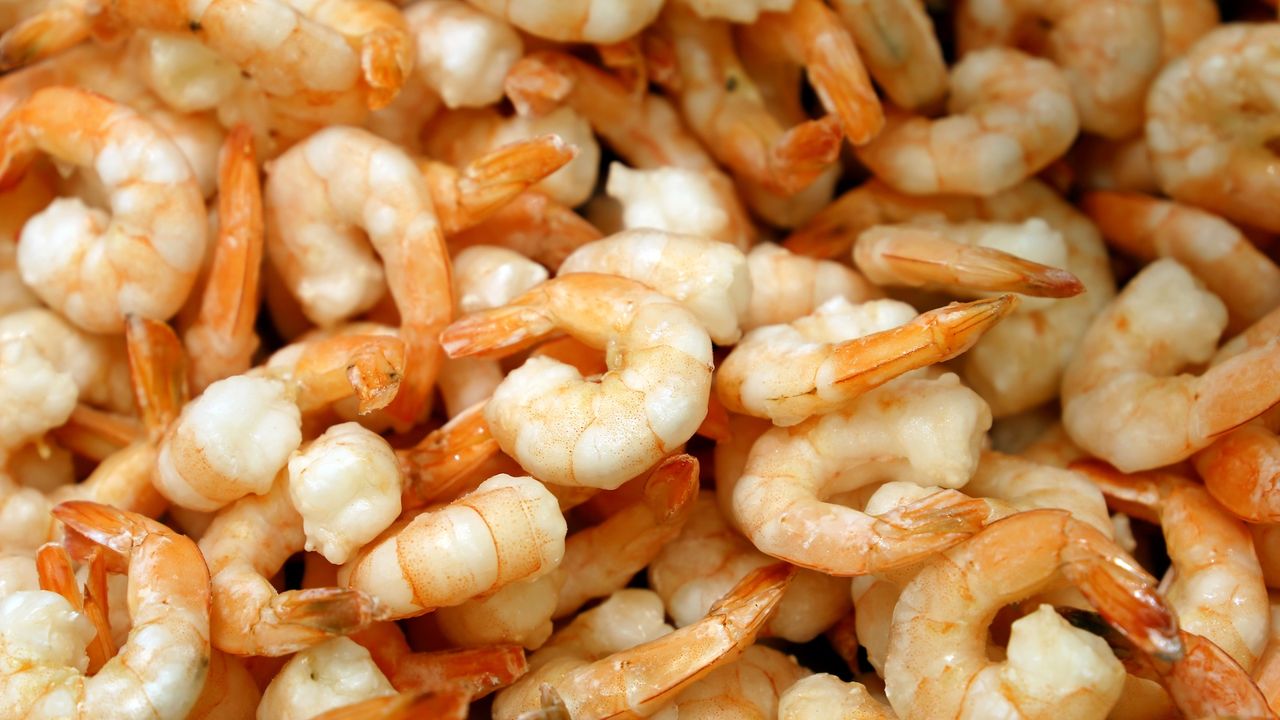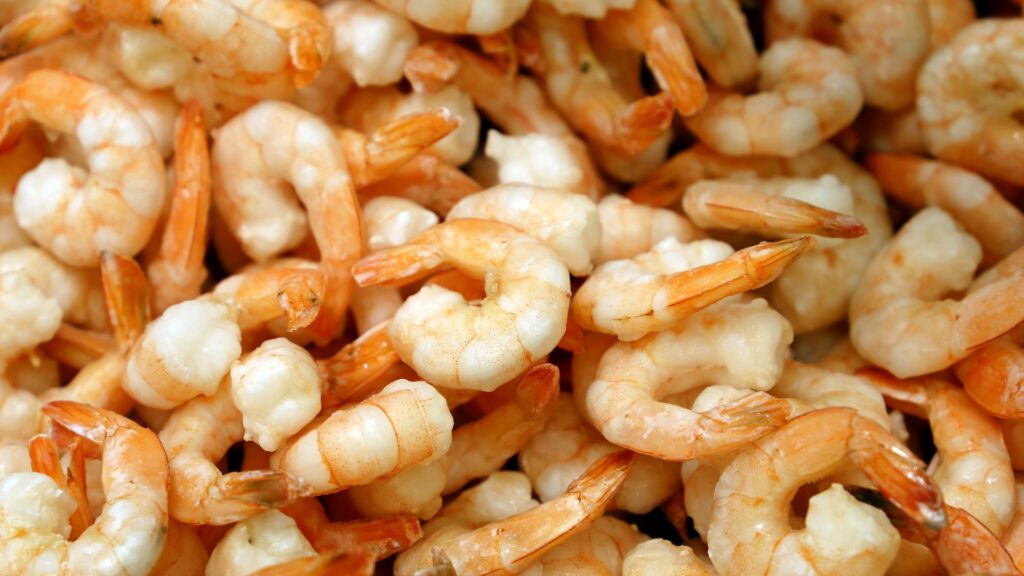
Frozen shrimp imported to the U.S. from an Indonesia-based company may have been exposed to a radioactive substance, the U.S. Food and Drug Administration (FDA) warned Tuesday (Aug. 19).
The products were processed by PT. Bahari Makmur Sejati, also referred to as BMS Foods. The FDA launched an investigation after U.S. Customs officials detected cesium-137 (Cs-137) — a radioactive form of cesium — in shipping containers carrying the shrimp that were delivered to Los Angeles; Houston; Savannah, Georgia; and Miami.
Analyses of the containers’ contents confirmed the presence of Cs-137 in one sample of breaded shrimp. The containers that tested positive were not allowed to enter the U.S., and no products that tested positive have entered the food supply.
However, as a precaution, the FDA has looked into other shrimp products that were imported from the same company but prior to the detection of Cs-137. Despite those previously imported products not testing positive for radioactive material at the time, the FDA has recommended people not consume them and that retailers recall them.
“To date, FDA has learned that Walmart has received implicated raw frozen shrimp, imported after the date of first detection of Cs-137 by CBP [Customs & Border Patrol], but from shipments that did not alert for Cs-137,” the statement says. BMS Foods has clearly handled products under conditions that would open the door to Cs-137 contamination, the agency explained, so there’s a possibility these other products could pose a safety concern, as well.
As such, the FDA has recommended that Walmart recall the affected products, and it lists the specific lot numbers affected in its warning. Anyone who has recently bought frozen shrimp from Walmart that matches the descriptions released by the FDA should throw it away and not eat or serve it.
Related: How radioactive is the human body?
According to the FDA, the nonradioactive form of cesium, called stable cesium, naturally occurs in the environment and is found in rocks, soil and dust. The element can also travel long distances through the air, before settling on the ground or in water. Cesium can become radioactive when it’s exposed to decaying uranium, nuclear explosions or nuclear reactor accidents. Cesium-137 has a half-life of about 30 years, meaning it takes three decades for the isotope’s radioactivity to decrease by half.
“Because it is widespread worldwide, trace amounts of Cs-137 can be found in the environment, including soil, food, and air,” the FDA statement noted. The agency evaluates any detection of the isotope in food products to determine if follow-up action is warranted.
The FDA found Cs-137 in only one of the BMS shrimp products tested, but that does not necessarily mean other products aren’t also contaminated, the agency noted. The amount of the isotope found in the breaded shrimp sample was not high enough to cause immediate harm to a consumer in the short term, the tests suggested.
However, the level detected could pose a risk if someone were to consume the product repeatedly over a longer period of time, especially when you combine that exposure with the baseline, low-level radiation that we’re exposed to in the environment and through routine medical procedures, such as X-rays. Over the long term, repeated exposure to Cs-137 could raise the risk of cancer by damaging DNA.
The FDA’s investigation into the situation is ongoing, but the agency has already confirmed that products from BMS Foods have violated the Federal Food, Drug, and Cosmetic Act. That’s because the products appear to have been “prepared, packed, or held under insanitary conditions whereby it may have become contaminated with Cs-137 and may pose a safety concern,” the statement explains.
The company has been added to a new import alert for chemical contamination, which effectively stops any of its shrimp products from entering the U.S. until the company corrects those underlying violations.
At this point, the root cause of the contamination is unknown, but the FDA is “working with Indonesian seafood regulatory authorities to investigate.”
“FDA will continue working with industry to trace all implicated products processed by PT. Bahari Makmur Sejati through the supply chain to gather as much information about them as possible and take action as appropriate,” FDA officials said in the statement.
This article is for informational purposes only and is not meant to offer medical advice.
